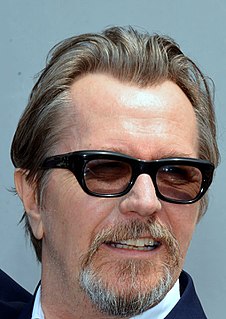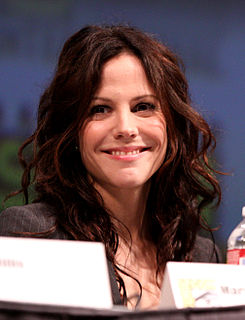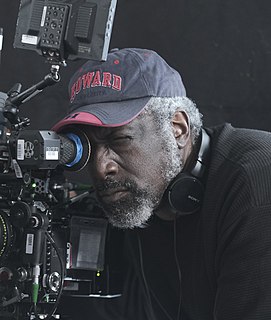A Quote by Shannon Walker
In some ways, it's the start of all those science-fiction movies that we watched as kids coming to fruition where you've got entities living and working out in space and off the planet. Just to be at the forefront of that is enormously exciting.
Related Quotes
Notice how every science fiction movie or television show starts with a shot of the location where the story is about to occur. Movies that take place in outer space always start with a shot of stars and a starship. Movies that take place on another world always start with a shot of that planet. This is to let you know where you are. Novels and stories start the same way. You have to give the reader a sense of where he is and what's happening as quickly as possible. You don't want to start the story by confusing the reader.
Literary science fiction is a very, very narrow band of the publishing business. I love science fiction in more of a pop-culture sense. And by the way, the line between science fiction and reality has blurred a lot in my life doing deep ocean expeditions and working on actual space projects and so on. So I tend to be more fascinated by the reality of the science-fiction world in which we live.
I worked out a book which I thought was just straight science fiction -- with everything pretty much explained, and suddenly I got an idea which I thought was kind of neat for working in a mythological angle. I'm really struggling with myself. It would probably be a better book if I include it, but on the other hand I don't always like to keep reverting to it. I think what I'm going to do is vary my output, do some straight science fiction and some straight fantasy that doesn't involve mythology, and composites.
When I was little, I guess I was just an ordinary kid. But then things changed when I was in junior high. You know, kids that become geeks become one because of something. Like, they aren't good at sports, or girls don't like them. I, too, for some reason, got into things like science fiction and, well, especially science fiction as an escape.
To me, the amazing thing is that so much that was science fiction back then, political fiction, today is reality. We have indeed a spacecraft called an international space station. And we have the diversity of this planet working on that ship, including Americans and Russians working side by side. I think the imagineers are the ones that set the goal. And the inventors and the technicians see that as a goal to work toward, or the political scientists and the diplomats. And eventually, that's arrived at.
Yeah, when you work with somebody that famous everybody wants to know what are they like or - but I know some of the movies that I know because they're more like NOBODY'S FOOL or like that, because I don't really watch the big R movies, I haven't really seen them so much. I loved him [Bruce Willis] from his TV show and some of the smaller movies he's done. The bigger movies I start to space out in, like, there just so, I don't really watch those kind of movies so much.
It shouldn't be so difficult to determine what a planet is. When you're watching a science fiction show like 'Star Trek' and they show up at some object in space and turn on the viewfinder, the audience and the people in the show know immediately whether it's a planet or a star or a comet or an asteroid.

































